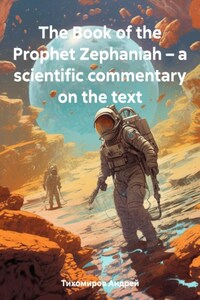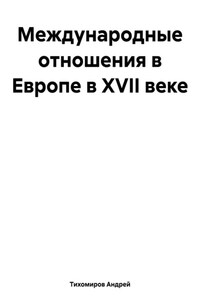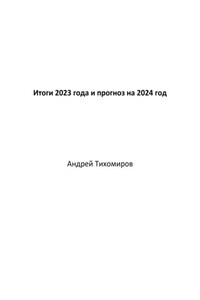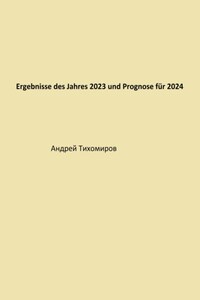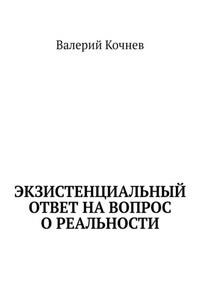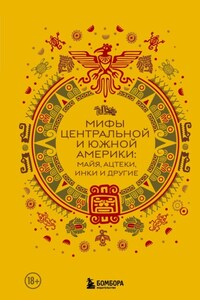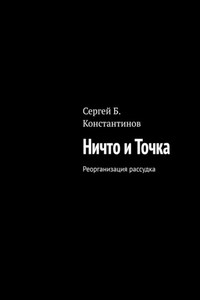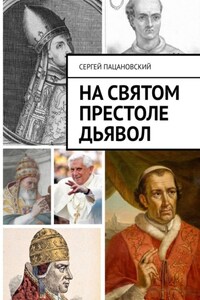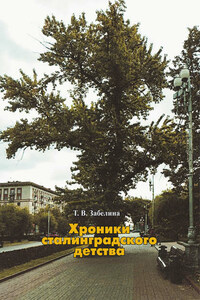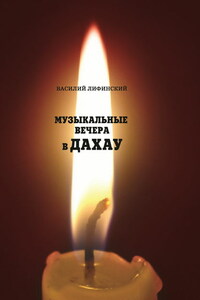Scientific commentary is given in parentheses after each verse.
Chapter 1
1 The word of the Lord, which came to Zephaniah the son of Hushai, the son of Gedaliah, the son of Amori, the son of Hezekiah, in the days of Josiah the son of Ammon, king of Judah. (Zephaniah (Zephaniah) was influenced by a Jewish priest, a hypnotist. Perhaps the prophet belonged to the royal family, the time of his “work” dates back to the 7th century BC. By this time, the Assyrians destroyed the northern kingdom, and Judea remained in loneliness, and her independence was now far from indisputable).
2 I will destroy everything from the face of the earth, says the Lord: (Yahweh, through the mouth of the prophet, threatens to terribly punish Judah and Jerusalem for their sins).
3 I will destroy men and animals, I will destroy the birds of the air and the fish of the sea, and the temptations along with the wicked; I will destroy people from the face of the earth, says the Lord. (Yahweh, through the mouth of the prophet, threatens to terribly punish Judah and Jerusalem for their sins).
4 And I will stretch out My hand against Judah and against all the inhabitants of Jerusalem: I will destroy from this place the remnant of Baal, the name of the priests and the priests, (Struggle with rival cults. Zephaniah declares that Yahweh will destroy the “remnant of Baal” and those priests and priests who serve pagan gods – this is exactly how the priests of the Jerusalem temple of Yahweh dealt with their rivals with the help of King Josiah in 622 BC).
5 and those who worship the heavenly host on the housetops, and those worshipers who swear by the Lord and swear by their king ("Heavenly Host" – worship of the heavenly bodies, stars).
6 And those who turned away from the Lord did not seek the Lord or inquire about Him. (Yahweh, through the mouth of the prophet, threatens to terribly punish Judah and Jerusalem for their sins).
7 Be silent before the Lord God! for the day of the Lord is near: the Lord has already prepared the sacrificial slaughter, and has appointed whom to call. (Soon there will be a “day of Yahweh”).
8 And it shall come to pass on the day of the Lord’s sacrifice: I will visit the princes and the king’s sons and all those who dress in the clothing of foreigners; (Yahweh, through the mouth of the prophet, threatens to terribly punish Judah and Jerusalem for their sins).
9 In that day I will visit all who leap over the threshold, who fill the house of their Lord with violence and deceit. (The threshold had a “sacred” status; in ancient times, dead relatives were buried under it to “protect” the house).
10 And in that day, says the Lord, there will be a cry at the fish gate, and mourning at the other gate, and great destruction on the hills. (Promise of all sorts of misfortunes).
11 Howl, you inhabitants of the lower part of the city, for all the trading people will perish, and those laden with silver will be destroyed. (Promise of all sorts of misfortunes).
12 And it will come to pass at that time: I will search Jerusalem with a lamp and punish those who sit on their lees and say in their hearts: “The Lord does neither good nor evil.” (There is hypocrisy everywhere. The human race deserves God's judgment, especially the inhabitants of Judea and Jerusalem, who turned away from Yahweh, forgot their god and questioned his omnipotence).
13 And their wealth will be turned into spoil, and their houses into desolation; they will build houses, but will not live in them; they will plant vineyards, but will not drink wine from them. (Yahweh will take revenge. Their rulers borrow other people’s customs, just as bloodthirsty beasts rule over people).
